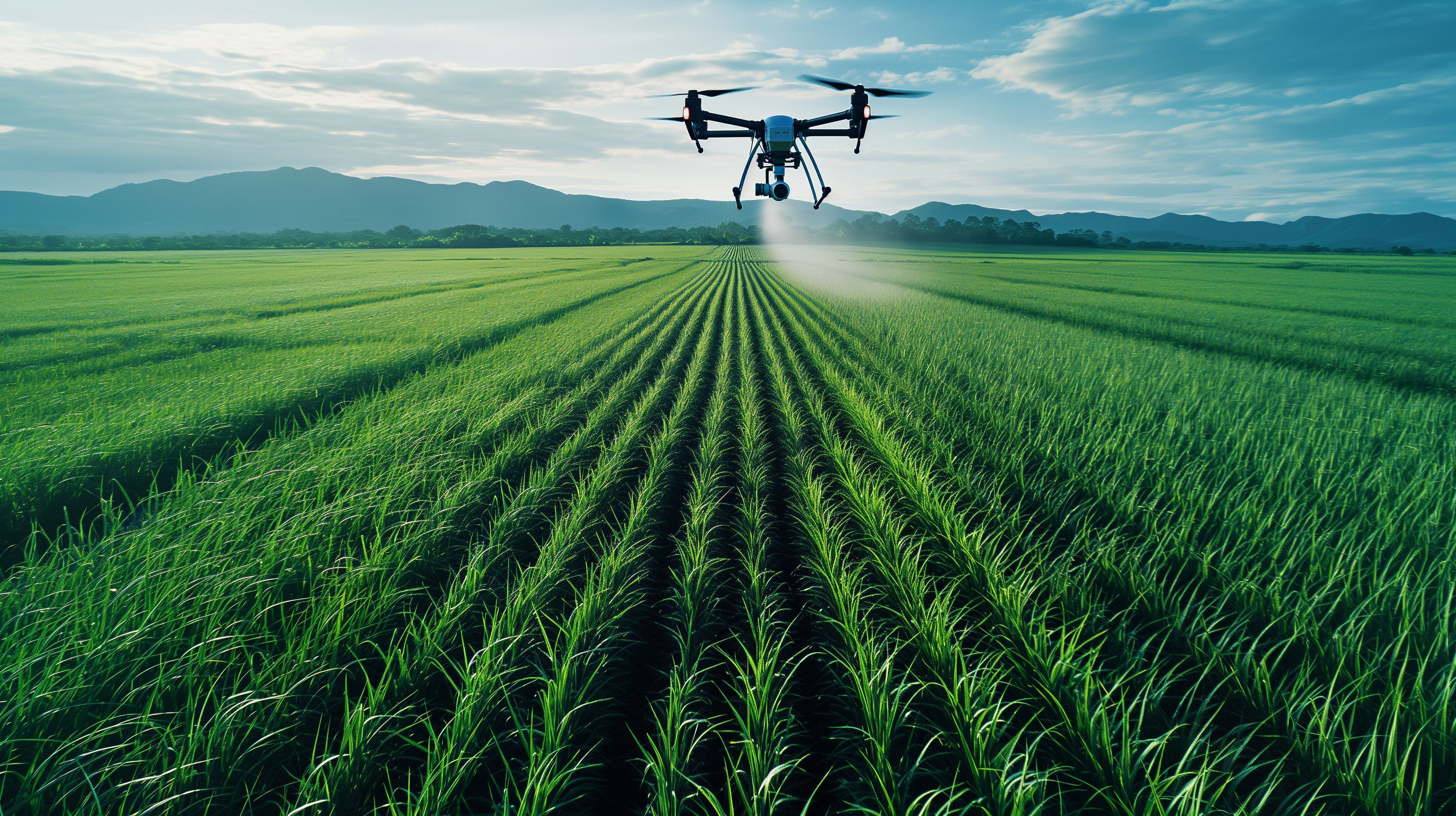
Nutrient balance strategies to build soil carbon in farming systems
Project Outline
Crop nutrition in agriculture is a complex interplay of crop physiology, along with timing and availability of nutrients. Nutrient supply and demand are affected by climate, soil, and management, therefore study of crop nutrition requires consideration of a multi-layered system in time and space. We suspect that insufficient crop nutrition (nitrogen in particular) is the biggest cause of the current ‘yield gap’ (the difference between actual and potential yield) in dryland agriculture. At the same time, we know that soil ‘nutrient mining’ through inadequate nutrition drives the loss of carbon (organic matter) in soil. Fine-tuning and de-risking our nutrient management to maintain a nutrient balance at the system level is the key to dealing with these two critical, but linked national goals. A deeper understanding of nutrient balance will have impacts not only towards crop productivity, but also carbon accounting and environmental impacts on soils, water, and landscapes.
The student will learn
The PhD candidate will use the APSIM model to refine, re-define and test hypotheses relating to fertilisation strategies, system-level nutrient balance, and soil carbon pool dynamics. The candidate will develop an in-depth understanding of soil carbon and nutrient dynamics in cropping systems, using data from the CSIRO Boorowa Agricultural Research Station (BARS) and other long-term cropping trials for verification and improvement of the simulated dynamics.
To register an expression of interest, click here. You will need to outline why you have selected the research project and how your skills, experience and/or knowledge meet the project requirements.
